The Ministry of Home Affairs is seeking public opinions on the draft Law on Cadres and Civil Servants (amended) to unify the management mechanism of cadres and civil servants from the central to grassroots levels, which is an urgent requirement at present.
The Ministry of Home Affairs said that the current Law on Cadres and Civil Servants stipulates a separate management mechanism for cadres and civil servants from the district level and above and cadres and civil servants from the commune level, in accordance with the characteristics of each group of subjects. The Law on Cadres and Civil Servants and detailed regulations and implementation guidelines have provisions on the connection between cadres and civil servants from the commune level and cadres and civil servants from the district level and above, but many administrative procedures still arise during implementation.
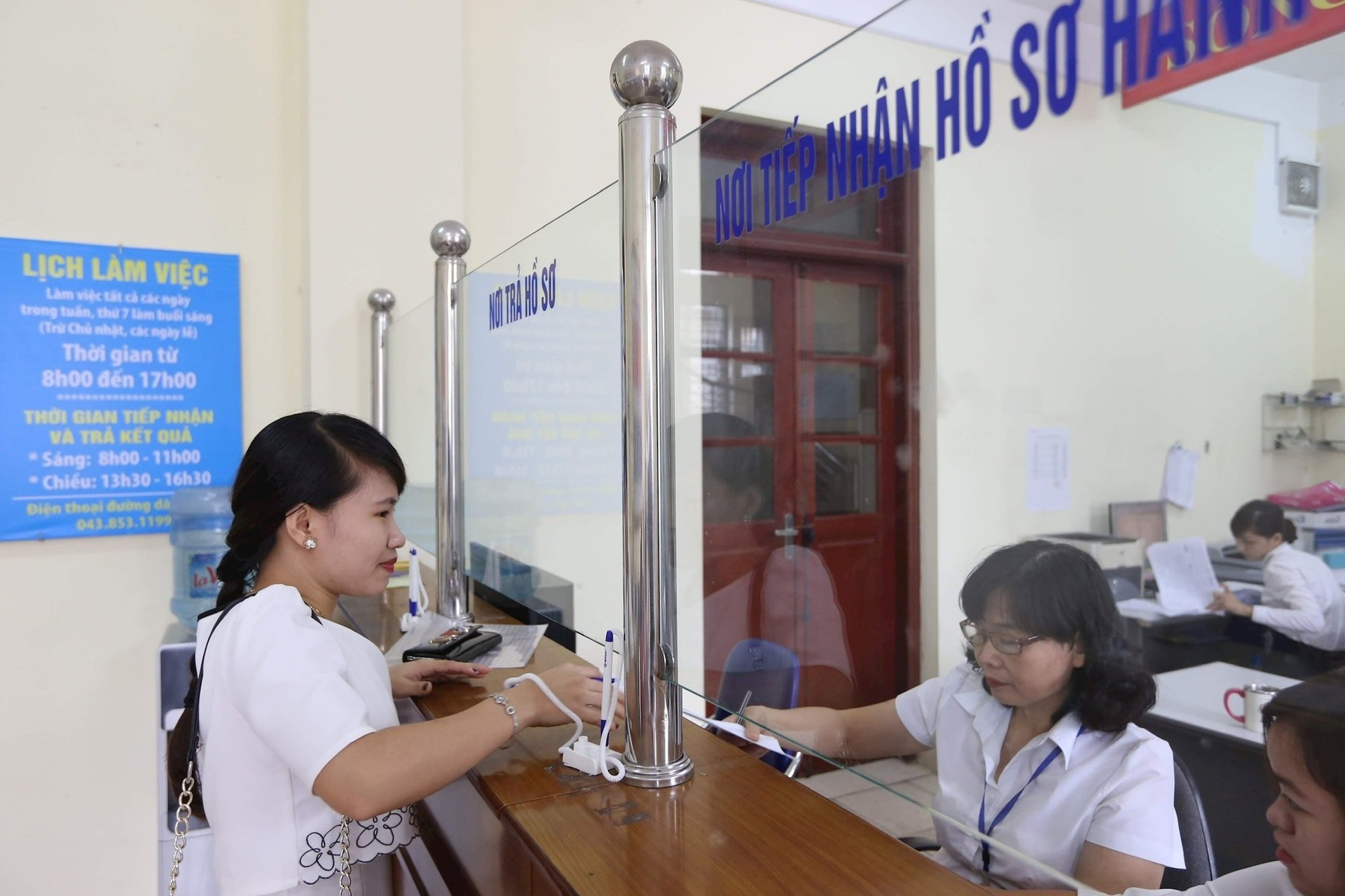
At the same time, implementing the Party's policy on organizing two-level local governments and focusing on building and improving the quality of performing tasks of grassroots-level cadres and civil servants, removing regulations on commune-level cadres and civil servants and implementing a unified mechanism for managing cadres and civil servants from the central to grassroots levels is an urgent requirement at present.
In the draft Law, the Ministry of Home Affairs proposed amending regulations related to cadres and civil servants when organizing two-level local government (provincial and grassroots levels).
Specifically, amend the concept of cadres and civil servants (Article 1), accordingly, no longer regulating the concept of commune-level cadres and civil servants; at the same time, regulating cadres and civil servants uniformly from the central, provincial and grassroots levels: Cadres are Vietnamese citizens, elected, approved, appointed or designated to hold positions and titles for a term in agencies of the Communist Party of Vietnam, the State, the Vietnam Fatherland Front, socio-political organizations at the central level, in provinces and centrally-run cities (hereinafter referred to as provincial level), in communes, wards and special zones under provinces (hereinafter referred to as grassroots level), on the payroll and receiving salaries from the state budget. Civil servants are Vietnamese citizens, recruited according to job positions in agencies of the Communist Party of Vietnam, the State, the Vietnam Fatherland Front, socio-political organizations at the central level, in provincial level, and grassroots level, on the payroll and receiving salaries from the state budget.
Remove Chapter V on commune-level cadres and civil servants in the current Law on Cadres and Civil Servants. Accordingly, the draft Law proposes to unify the management of cadres and civil servants from the central to local levels, without distinguishing between commune-level cadres and civil servants and central and provincial-level cadres and civil servants, ensuring proper implementation of the Party's policy on interconnectivity in cadre work.
Review regulations on authority to ensure consistency with the two-level local government organization model, accordingly, do not continue to stipulate the authority of the District People's Committee and the Chairman of the District People's Committee in the draft Law.
Supplementing transitional provisions to unify the management of communal-level cadres and civil servants (currently) with the cadres and civil servants in the political system, ensuring continuity in cadre work so as not to affect the normal operations of people and businesses immediately upon implementing the 2-level local government model (Article 46).
In addition, the draft Law proposes to amend regulations related to the management and use of cadres and civil servants to serve as a basis for screening, restructuring, and improving the quality of the team when implementing the arrangement and streamlining of the political system's apparatus.
Implement the mechanism of managing cadres and civil servants according to job positions, taking job positions as the center in the management and use of cadres and civil servants; strongly innovate the work of recruiting, training, promoting, appointing, rotating, transferring, and evaluating cadres and civil servants in a practical direction, for the purpose of finding people, on the basis of specific and measurable products.
Specifically, Chapter III is supplemented with separate regulations on job positions, including 4 articles (from Article 11 to Article 14) on the concept of job positions, classification of job positions; basis for determining job positions; changing job positions and management content on job positions.
Supplementing regulations to distinguish between job positions that must be recruited and job positions that can be contracted to perform civil servant duties to create flexibility in using external human resources (Clause 7, Article 14; Clause 3, Article 23).
Supplementing regulations on examination to implement a mechanism for screening staff according to the principle of competition, with entry and exit, promotion and demotion to resolve the situation of avoidance, pushing, procrastination; the mentality that once in the state, it is safe, "lifelong civil servant status", and an insufficient elimination mechanism; ensuring the building of a team of experts, quality, virtue and talent to serve the Party, the country and the people...
Source: https://daidoanket.vn/de-xuat-thong-nhat-co-che-quan-ly-doi-ngu-can-bo-cong-chuc-10302501.html


![[Photo] Speeding up construction of Ring Road 3 and Bien Hoa-Vung Tau Expressway](https://vstatic.vietnam.vn/vietnam/resource/IMAGE/2025/3/31/f1431fbe7d604caba041f84a718ccef7)

![[Photo] 2nd Conference of the Party Executive Committee of Central Party Agencies](https://vstatic.vietnam.vn/vietnam/resource/IMAGE/2025/3/31/8f85b88962b34701ac511682b09b1e0d)
![[Photo] General Secretary To Lam receives US Ambassador to Vietnam Marc E. Knapper](https://vstatic.vietnam.vn/vietnam/resource/IMAGE/2025/3/31/5ee45ded5fd548a685618a0b67c42970)
![[Photo] Prime Minister Pham Minh Chinh receives delegation of leaders of US universities](https://vstatic.vietnam.vn/vietnam/resource/IMAGE/2025/3/31/8be7f6be90624512b385fd1690124eaa)









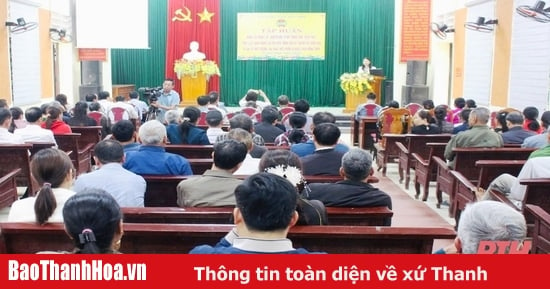

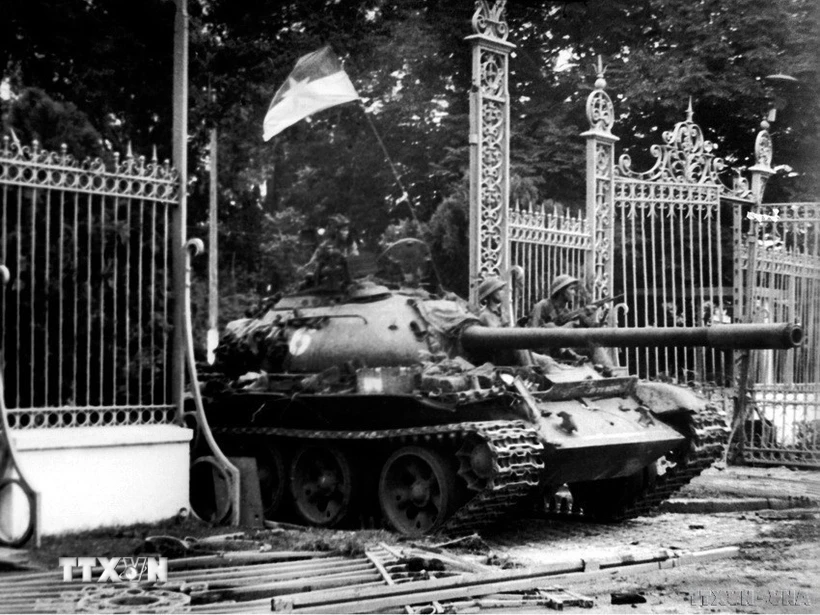


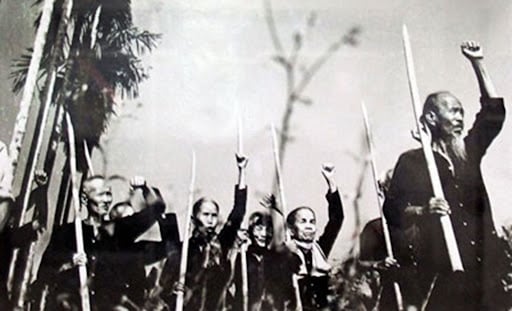
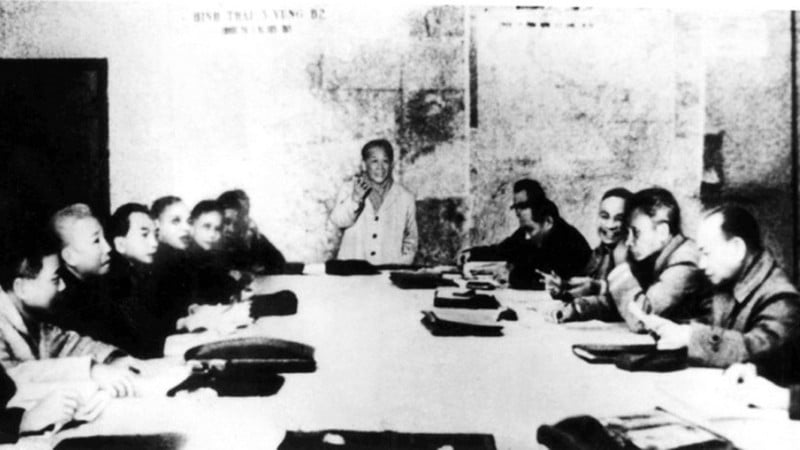




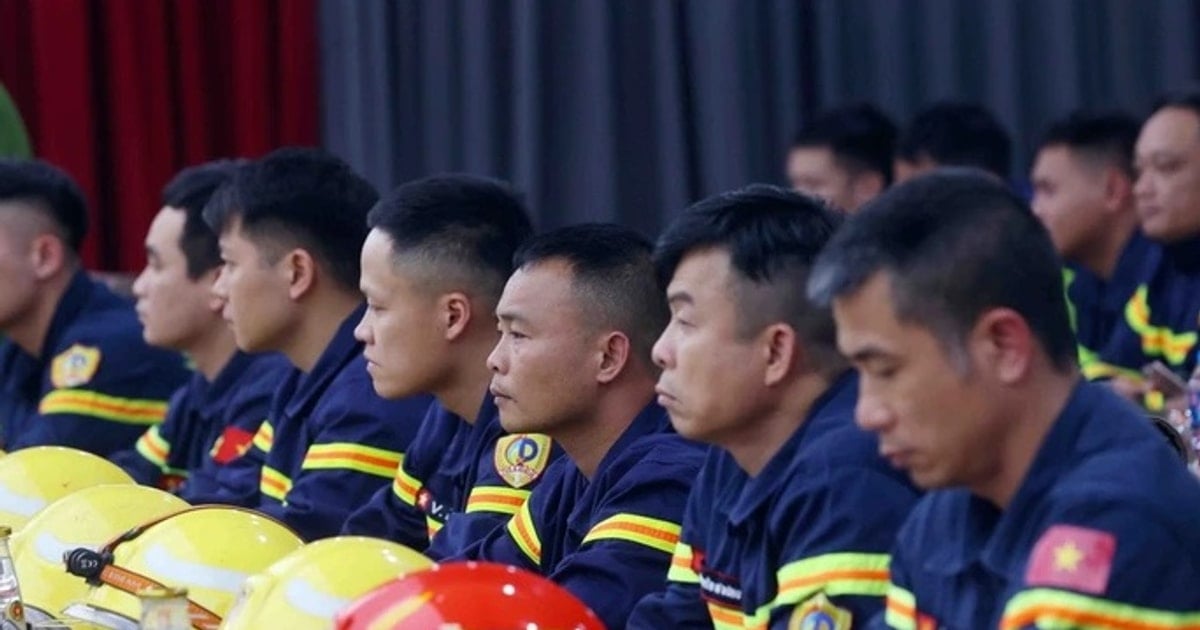
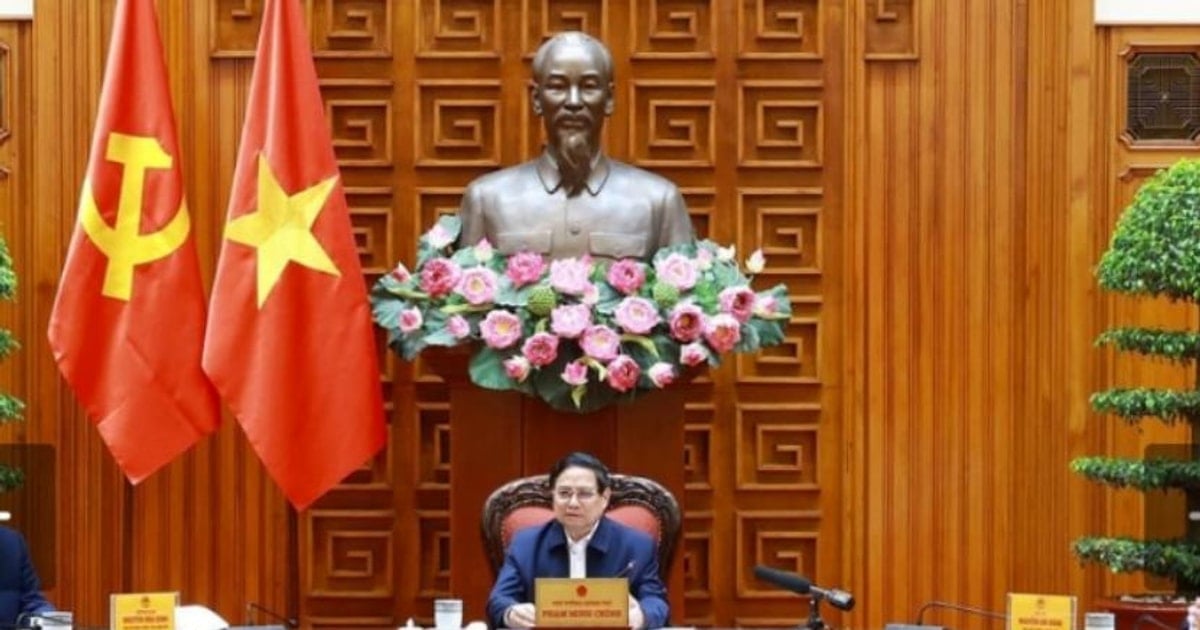
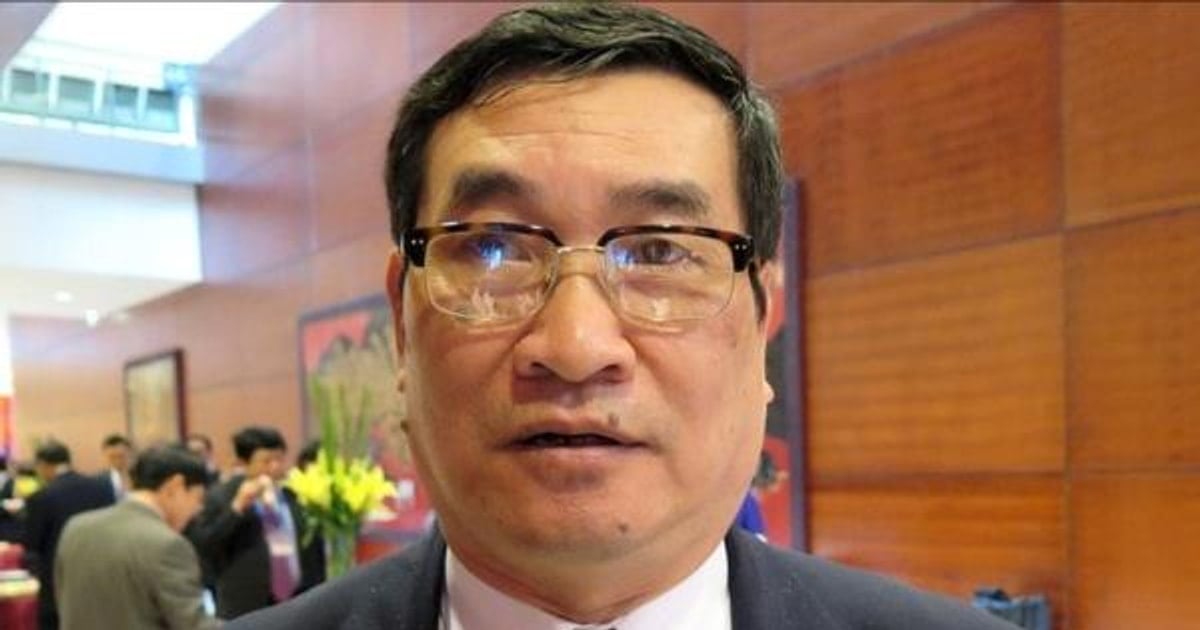


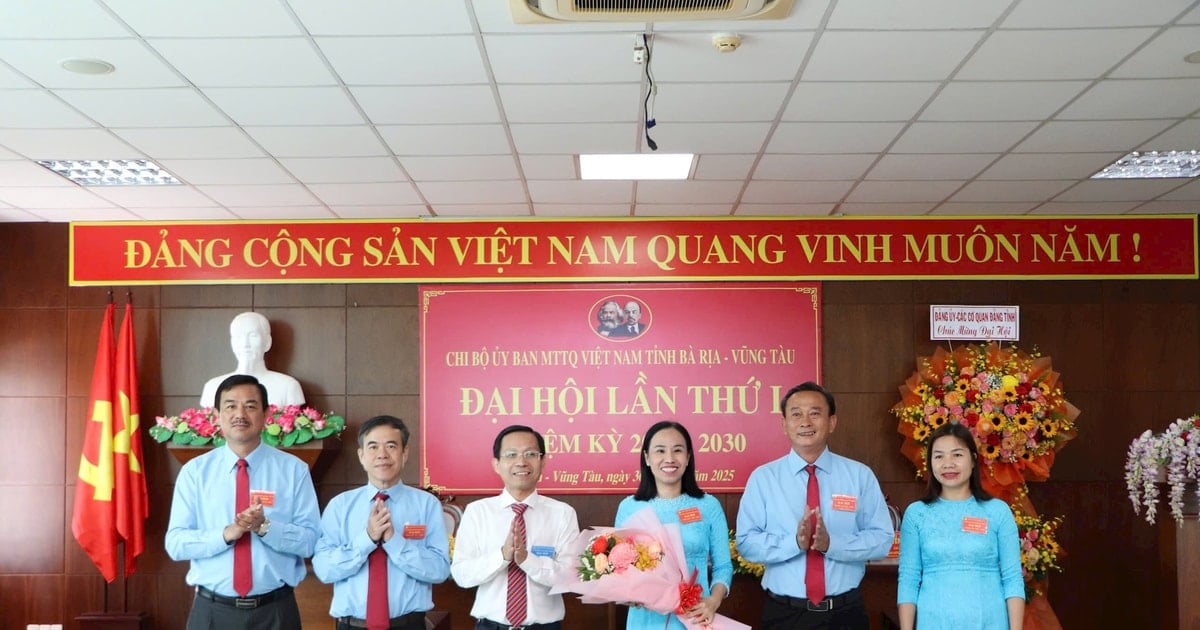












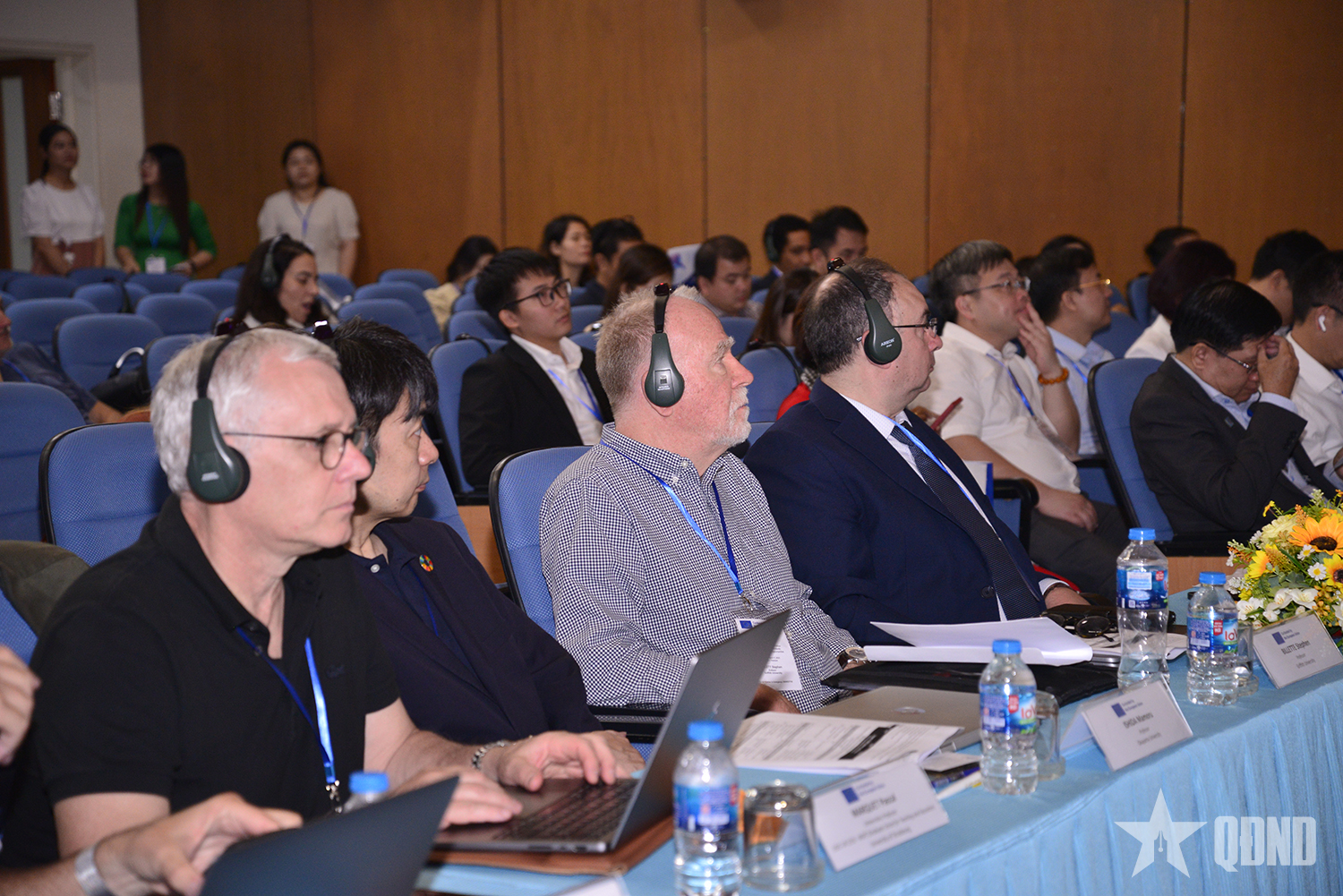



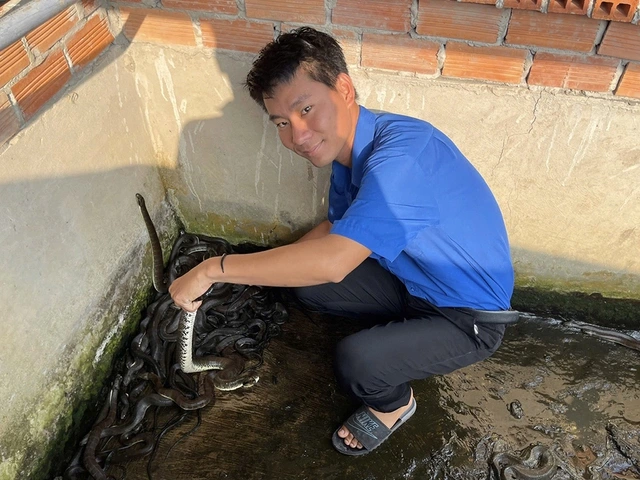


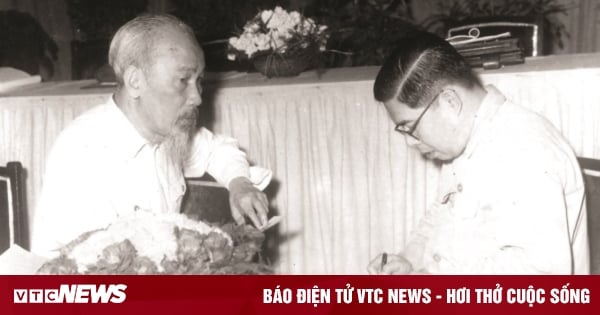











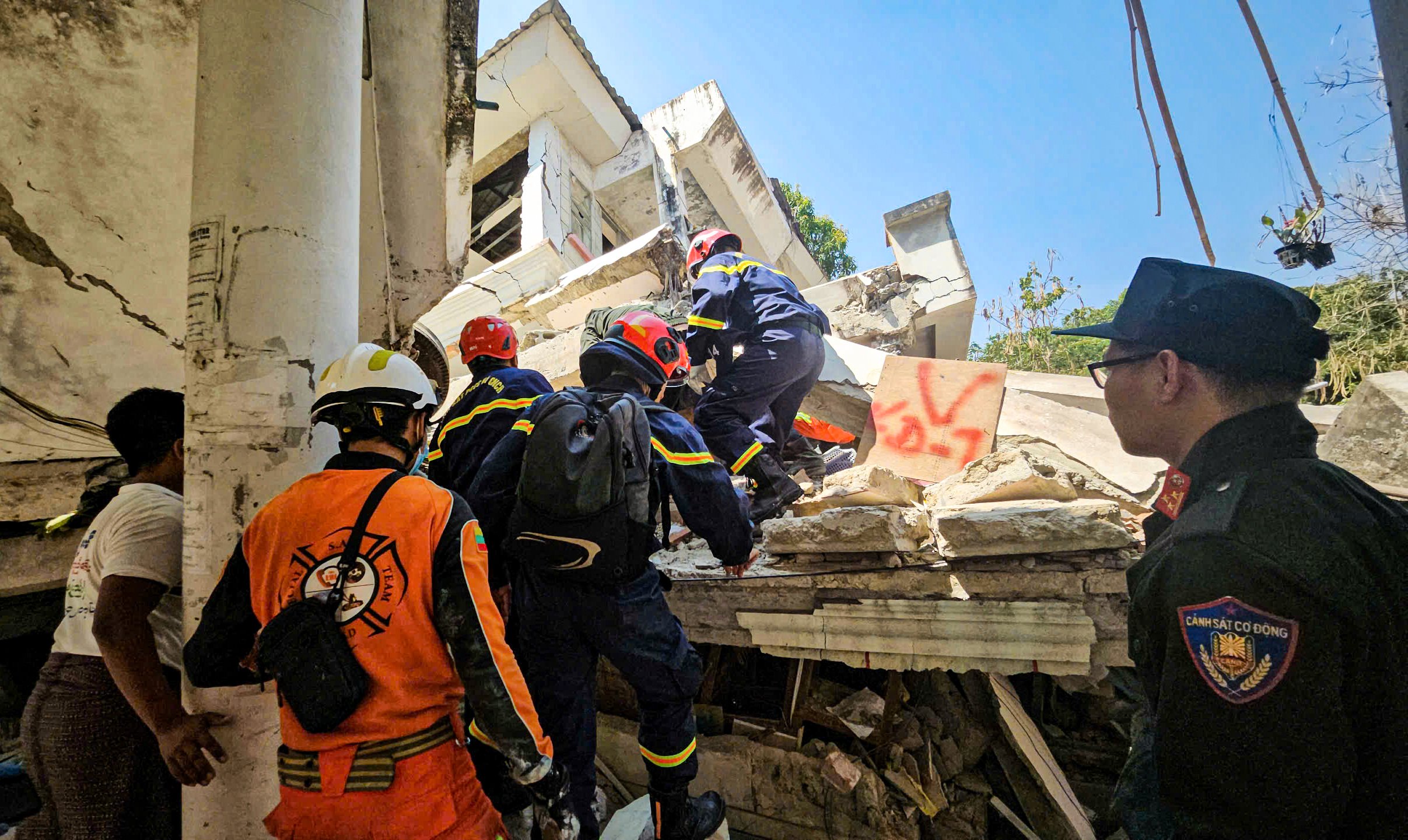






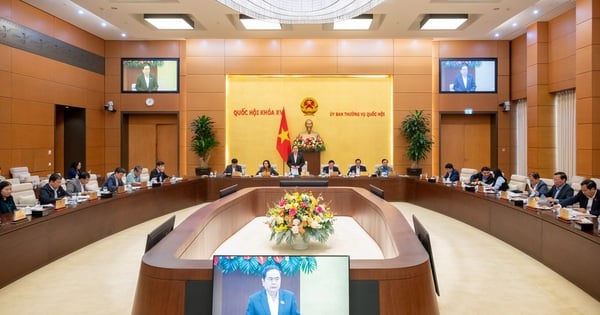
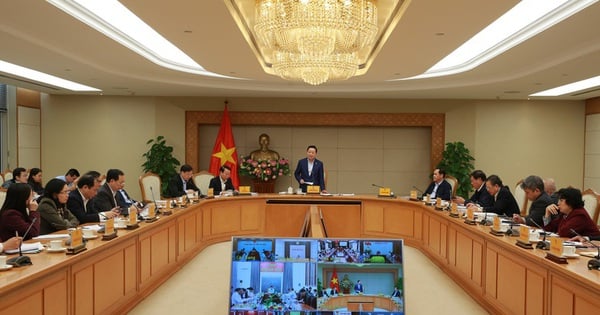
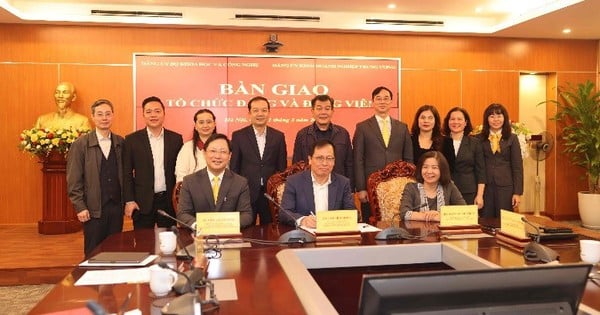

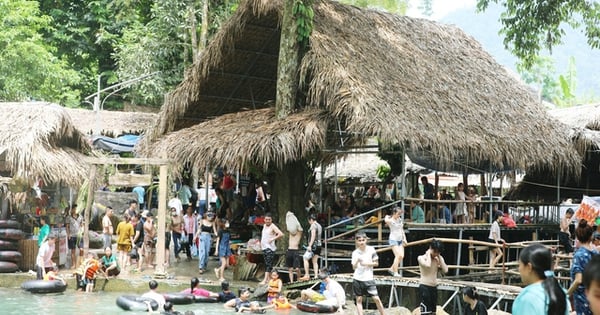
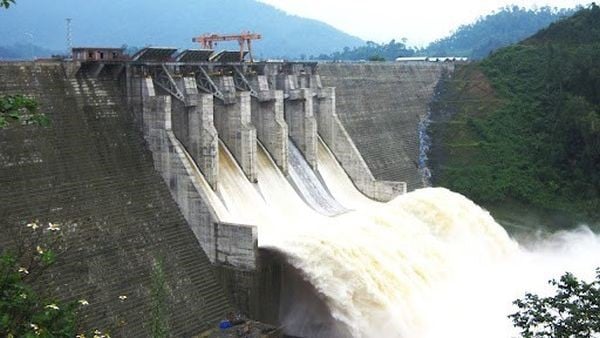

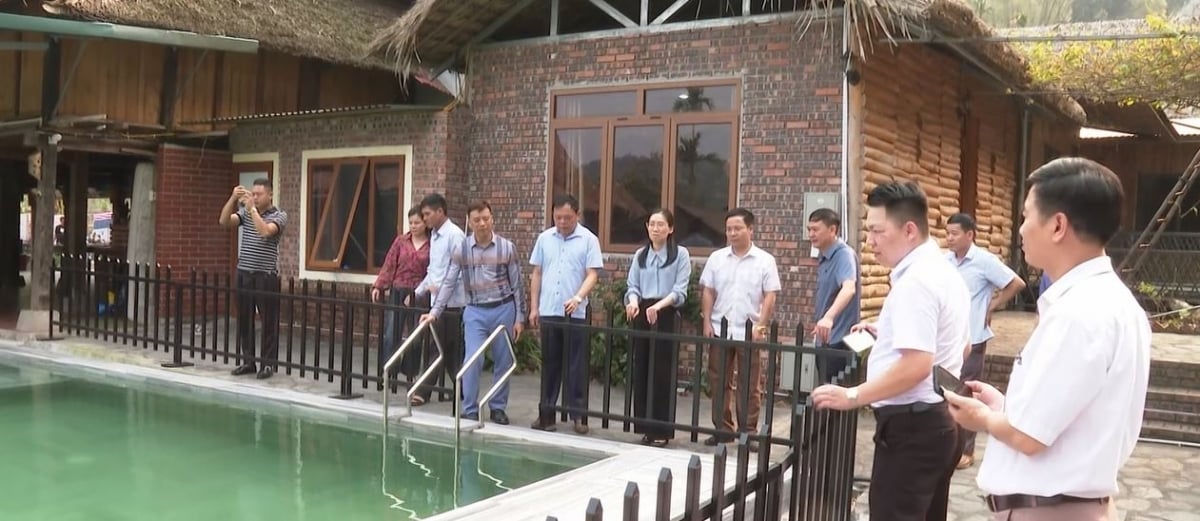


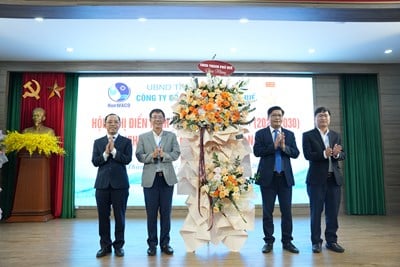
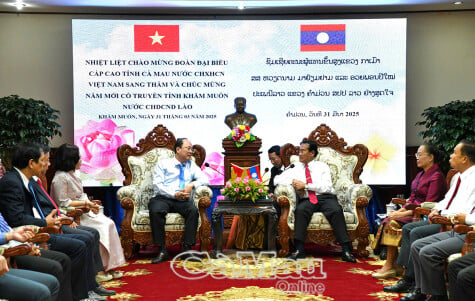
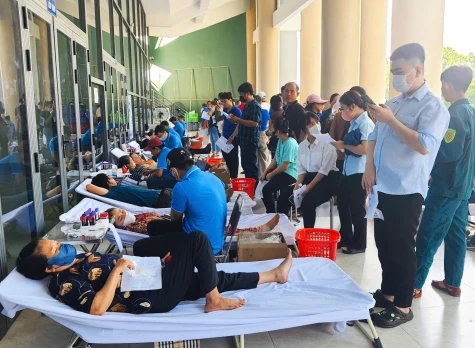

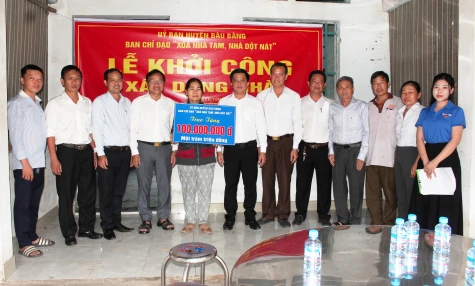









![[REVIEW OCOP] An Lanh Huong Vet Yen Cat](https://vstatic.vietnam.vn/vietnam/resource/IMAGE/2025/3/27/c25032328e9a47be9991d5be7c0cad8c)

Comment (0)